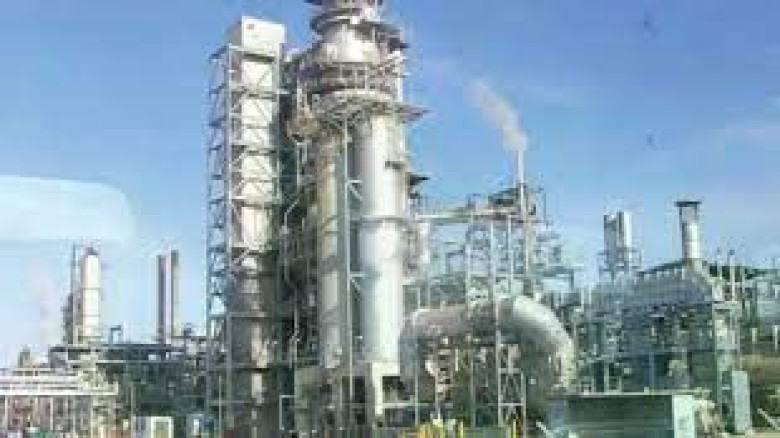Nigeria's Agricultural Sector on the Rise: Opportunities and Challenges
The agricultural sector in Nigeria, a cornerstone of the nation's economy, has undergone a significant transformation over the past few years. With an increased focus on diversification away from oil dependency, agriculture has been recognized as a key area for economic growth and development. Despite the challenges posed by climate change, infrastructural deficits, and fluctuating global market prices, Nigeria's agricultural sector has shown remarkable resilience. Nigeria has a diverse climate, ranging from tropical forest in the south to arid zones in the north, which allows for the cultivation of a variety of crops. With initiatives aimed at boosting local production and reducing import dependency, the sector has seen growth in both small-scale and commercial agriculture. The Nigerian government has implemented several policies aimed at attracting investment to various sub-segments of the sector, such as crop production, livestock farming, and agro-processing. These incentives have piqued the interest of local and international investors alike. A wave of technological innovation has swept through Nigeria's agricultural landscape, with startups and tech-driven companies providing solutions to improve yield, market access, and financial inclusion for farmers. From mobile platforms providing weather forecasts to drones monitoring crop health, technology is rapidly revolutionizing farming in Nigeria. There is a growing emphasis on value addition and agro-processing. This focus not only helps in diversifying the economy but also in creating job opportunities and reducing post-harvest losses. Programs like the Agricultural Promotion Policy (APP) and the Anchor Borrowers’ Programme (ABP) have been launched to drive productivity and support smallholder farmers, which form the majority of the farming community in Nigeria. While progress is evident, several challenges still impede the full potential of Nigeria's agricultural advancement:- Access to Finance: High-interest rates and the lack of affordable credit facilities limit farmers' ability to invest in improved farm inputs and technologies.
- Infrastructure: Poor transportation networks and storage facilities lead to post-harvest losses and impediments in reaching markets.
- Land Reforms: The land tenure system needs reform to enable easier access to land for agriculture, especially for young and aspiring farmers.
- Extension Services: There is a need for better extension services to educate farmers on modern farming techniques and practices. To address these challenges, experts advocate for a more collaborative approach between the public and private sectors, an increase in research and development investments, and the continued push towards favourable policies that support the agriculture sector's growth trajectory. Nigeria's agriculture sector holds immense potential not only for food security but for economic diversification and employment. With the right mix of policy support, investment, and technology, the sector could well become a powerhouse propelling Nigeria towards a more sustainable and prosperous future.

























Leave A Comment